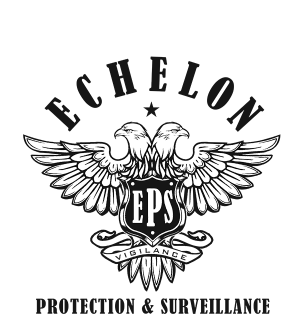 As society becomes increasingly security-conscious, more people are turning to private security guards to protect their homes, businesses, and events. While security guards may seem similar to police officers at first glance, there are actually significant differences between these two professions. In this post, we’ll explore why security guards are not police officers and highlight some of the key distinctions between these roles.
As society becomes increasingly security-conscious, more people are turning to private security guards to protect their homes, businesses, and events. While security guards may seem similar to police officers at first glance, there are actually significant differences between these two professions. In this post, we’ll explore why security guards are not police officers and highlight some of the key distinctions between these roles.
Training and Certification
One of the most fundamental differences between security guards and police officers is the amount and type of training required for each job. In general, becoming a police officer requires extensive education and training in law enforcement tactics, criminal justice theory, and physical fitness. This training is intended to prepare officers for a wide range of scenarios they might encounter on the job.
By contrast, security guard training is generally less rigorous than that required for police officers. While specific requirements vary by state or country, most jurisdictions require only basic training in areas like observation techniques, report writing, and conflict resolution.
Authority and Responsibilities
Another major difference between security guards and police officers is their level of authority and responsibility. While both professions have a mandate to protect people and property from harm or theft, there are important distinctions in how they carry out this mission.
In general, security guards have limited authority compared to police officers. They may be responsible for monitoring surveillance cameras or patrolling an area to deter potential criminal activity but typically do not have the power to stop individuals or vehicles unless they pose an immediate threat. If a situation escalates beyond their control or requires more serious intervention, such as making an arrest or using force against someone who poses a danger, they must call law enforcement officials.
By contrast, police officers have broader responsibilities that include enforcing laws; responding to emergency situations; investigating crimes; making arrests; issuing citations; interviewing witnesses; testifying in court; among others.
Legal Powers
The legal powers granted to security guards vs. those granted to police officers differ significantly as well. Security guards typically do not have much legal authority beyond detaining someone suspected of committing a crime until law enforcement arrives on the scene if deemed necessary by protocol.
Police Officers have far-reaching legal powers that allow them considerable discretion when intervening in potentially dangerous situations, such as arresting suspects with probable cause or conducting searches under specific circumstances defined by law while following due process procedures.
Relationship with Law Enforcement
While there are clear differences between the roles of security guards vs. those of law enforcement officials such as Police Officers it’s important to note that these two professions often work together closely, especially when an incident occurs within an area under surveillance by private security personnel.
In many cases where crimes occur within areas monitored by private security personnel, it’s common practice for them (security personnel)to contact local law enforcement immediately after identifying suspicious activity requiring further investigation, which can lead to rapid response times from local authorities increasing chances of apprehending suspects quickly before they leave the scene resulting in higher rates of successful prosecution overall.
Conclusion
In conclusion, it is clear that while there may seem like similarities exist between Security Guards vs. Police Officers, upon closer examination, it becomes apparent that these two professions differ significantly regarding responsibilities, training requirements, and legal powers granted. It’s important for people seeking protection services, whether personal or business-related, to understand these differences so they can make informed decisions about what kind of protection service best suits their needs while keeping themselves safe from harm or theft through effective risk management strategies tailored specifically towards individual needs at all times.


